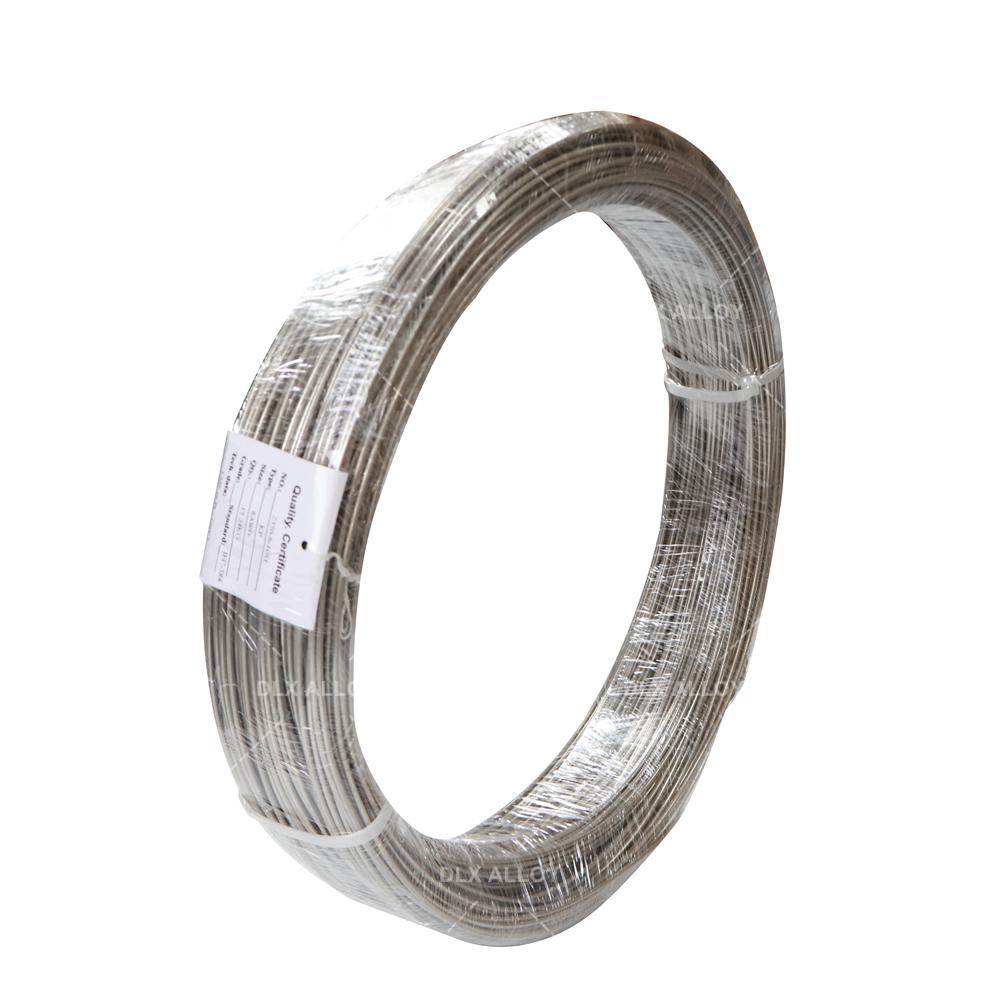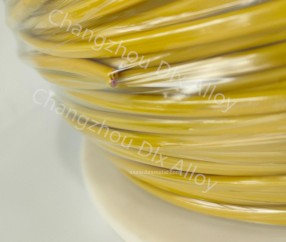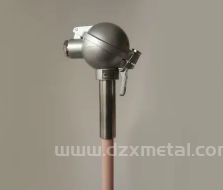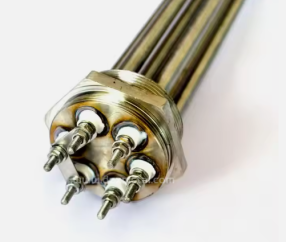Why Thermocouples Are the Preferred Choice for High-Precision Temperature Measurement?
Release time:2025-04-03 Strike:52 Inquire Now
Accurate temperature measurement is essential across various industries, from manufacturing and aerospace to medical and energy sectors. Among the many temperature sensing technologies available, thermocouples stand out as the preferred choice due to their versatility, durability, and high-precision capabilities. This article explores the materials used in thermocouples, their applications, and emerging trends in the industry.

Materials and Composition of Thermocouples
Thermocouples are composed of two dissimilar metal wires joined at one end, creating a junction where temperature is measured. The selection of materials determines the performance characteristics, including accuracy, temperature range, and resistance to environmental conditions. Common thermocouple types include:
Type K (Nickel-Chromium/Nickel-Aluminum) – Most widely used due to its broad temperature range (-200°C to 1,250°C) and stability.
Type J (Iron/Constantan) – Suitable for lower temperature applications (-40°C to 750°C) in industrial settings.
Type T (Copper/Constantan) – Highly accurate for cryogenic applications (-200°C to 350°C).
Type E (Nickel-Chromium/Constantan) – Offers higher sensitivity and strong performance in oxidizing environments (-200°C to 900°C).
Type R, S, B (Platinum-Rhodium Alloys) – Used for extreme high-temperature applications (up to 1,800°C) in aerospace and industrial furnaces.
Each thermocouple type provides unique advantages, making them suitable for various industries and environmental conditions.
Key Applications of Thermocouples
Industrial and Manufacturing
Thermocouples are widely used in industrial environments to monitor and control temperatures in manufacturing processes:
Steel and Metal Processing – Ensuring precise temperature measurement in smelting, forging, and heat treatment operations.
Glass and Ceramics Manufacturing – Providing accurate temperature control in kilns and furnaces.
Petrochemical Industry – Monitoring reactor and pipeline temperatures in refineries.
Food Processing – Ensuring proper heating and cooling for food safety compliance.
Aerospace and Automotive
In aerospace and automotive industries, thermocouples play a critical role in ensuring equipment safety and performance:
Jet Engines and Gas Turbines – Monitoring exhaust gas and turbine blade temperatures.
Spacecraft and Satellites – Measuring thermal variations in extreme space environments.
Automotive Engines and Emissions Control – Tracking combustion temperatures for performance optimization and emissions reduction.
Medical and Healthcare
Thermocouples are essential in medical applications where precise temperature monitoring is required:
Sterilization Equipment – Ensuring the effectiveness of autoclaves and heat-based sterilization systems.
MRI and Diagnostic Devices – Regulating temperatures in imaging and scanning equipment.
Cryogenic Storage – Maintaining stable low temperatures for biological samples and vaccines.
Energy and Power Generation
The energy sector relies on thermocouples for monitoring critical temperature variations:
Nuclear and Fossil Fuel Power Plants – Measuring temperatures in reactors and steam turbines.
Solar and Wind Energy Systems – Tracking thermal performance to optimize efficiency.
Geothermal Energy – Monitoring underground heat sources for sustainable energy extraction
Industry Trends and Future Outlook
As industries continue to evolve, the demand for high-precision temperature measurement is driving innovations in thermocouple technology. Key industry trends include:
Miniaturization and Smart Sensors – Development of micro-thermocouples for advanced electronics and medical devices.
Wireless and IoT Integration – Enabling real-time remote temperature monitoring for industrial automation and aerospace applications.
Enhanced Materials for High-Performance Applications – Research into advanced coatings and alloys to improve durability and resistance to harsh environments.
Sustainability and Energy Efficiency – Increasing use of thermocouples in renewable energy systems to optimize performance and reduce energy waste.

Thermocouple Wire VS Thermocouple Extension Cord
Thermocouple wires, thermocouple extension cords, are very impor...

What is precious metal thermocouple?
A precious metal thermocouple is a temperature-sensing device th...

Applications of Tubular Heaters
Tubular heaters are a commonly used electric heating element wit...

Electric Immersion Heaters Market to 2032
The electric immersion heater market is anticipated to experienc...



